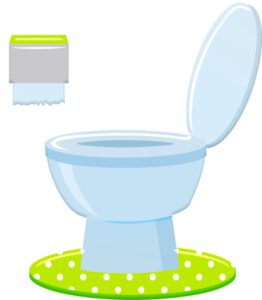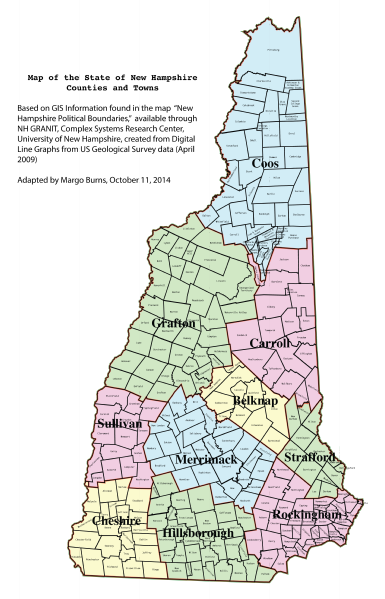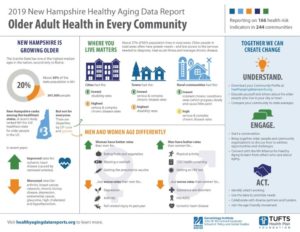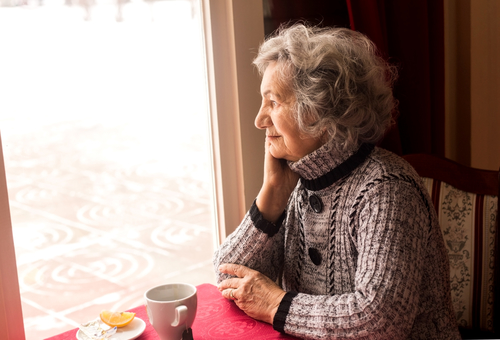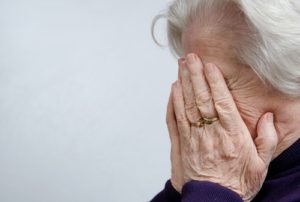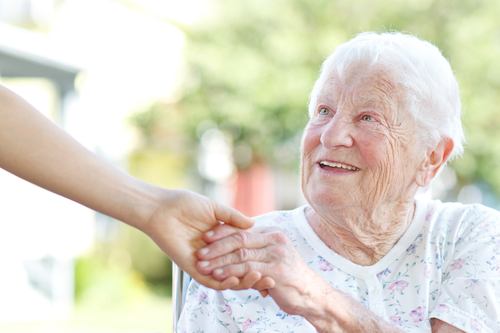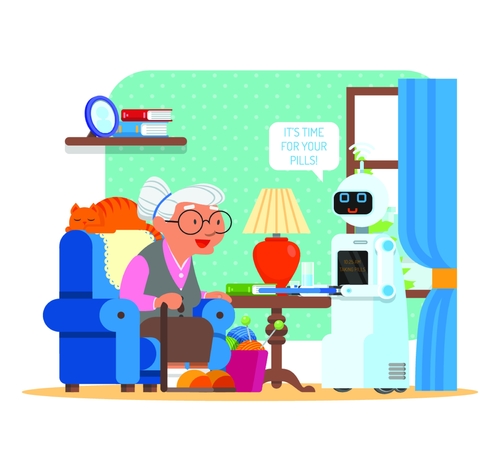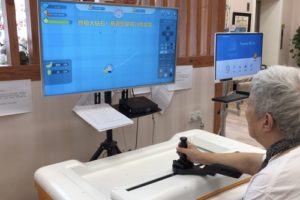
Getting paid while caring for an aging parent sounds like the perfect solution to balance your life. After all, being a caregiver can get costly, as shown in our article Ways to Keep Long Term Care from Bankrupting You. Though being a paid caregiver can change family dynamics in frustrating ways.
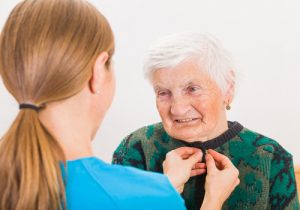
Being a Paid Caregiver Can Change Family Dynamics
Many states let people who need care hire people who are close to them to be their caregiver. This is to help family members who’ve had to either cut back or quit their job to support their family member.
Though no one is getting rich from this salary.
Spreading the responsibility of caring for a family member is hard on a good day. Siblings can feel like they are doing more work than someone else.
Adding money into the mix can raise the tension immensely. People can feel like someone is taking advantage of the situation to make some extra money.
The person getting paid can feel like all the work is put on them because it’s their “job.”
How You Can Stop Conflict Before It Starts
Is there a way that you and your family can avoid this type of conflict? In fact, there is, AARP has a few suggestions that can help you.
Demonstrate Transparency
You were taught to keep your finances private. You aren’t supposed to talk about what you make or how much you spend. You even keep this sort of stuff away from your family.
Throw that idea out the window.
Caregiving is a family matter, and you should disclose any financial transactions that involved your family member. This is especially important to whoever is earning money.
Let your family know they could also earn a wage being a caregiver. Share what you make if you are earning money.
If anyone has a problem, explain what you do and how it can offset other costs, like medication copays, the price of gas to take them out, and other things.
Try to Think About What Others Think is Fair
While you think it’s fair to earn money for all the things you do, there can be family members who think they are making sacrifices too, and want to be compensated as well. They probably are, but maybe not as many as you.
For them, it’s not fair that you get all the glory while they don’t.
You have to remember to not scoff at their feelings. You need to empathize with them instead. Make sure that they know you appreciate their help.
Don’t feel that you have to give them the money you earned. Sometimes appreciation is all they need.
Keep your Parent-Child Relationship
People who need care can become demanding over time. When there is money involved, there can be a tendency to treat anyone close to them like an employee.
They may have a shorter temper or bark orders at you.
You should do what you have to do, but let your family member know that you are there to help them, not make money. You want to be treated like the family you are, not like a stranger.
Money isn’t going to change your relationship.
Is it Worth it?
Sometimes earning money isn’t worth it. If it’s causing constant fighting and upset, is it worth it?
Decide for yourself whether you can handle that along with caregiving. If you can’t, then stop. If it is, keep trying to talk through the issues with your family.



